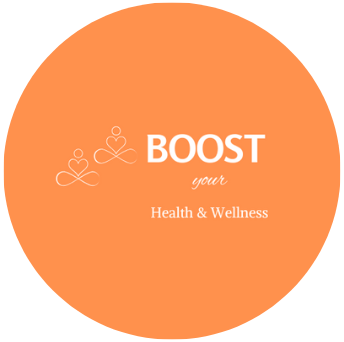
Support for Anxiety and Depression
Using medications and nutrition therapy together offers a well-rounded approach to managing anxiety and depression. While medications help address neurochemical imbalances, nutrition therapy supports overall mental health by providing essential nutrients that can help regulate mood, reduce stress, and enhance brain function.

Medications for Anxiety and Depression
Medications help target the underlying biological factors contributing to anxiety and depression. They may take time to become effective, and side effects are possible. Combining medication with nutrition therapy can improve treatment outcomes and promote better overall well-being.
Nutrition Therapy for Anxiety and Depression
Nutrition plays a significant role in mental health, and certain nutrients may help alleviate anxiety and depression symptoms. Here are key dietary factors and supplements to consider:
-
1. Omega-3 Fatty Acids
Support brain health and may help reduce symptoms of anxiety and depression.
-
2. B Vitamins
Important for energy production and neurotransmitter function, particularly B6, B9 (folate), and B12.
-
3. Magnesium
Helps with relaxation and may reduce anxiety.
-
4. Vitamin D
Low levels are linked to mood disorders, and supplementation may help improve mood.
-
5. Probiotics and Gut Health
A healthy gut microbiome plays a role in mental health through the gut-brain connection.
-
6. Amino Acids (e.g., Tryptophan)
Tryptophan is a precursor to serotonin, a neurotransmitter involved in mood regulation.
-
7. Antioxidants
Combat oxidative stress, which may play a role in mood disorders.
-
8. Herbal Supplements
- Ashwagandha: An adaptogen that may help reduce stress and anxiety.
- How They Help: Some herbs can balance stress hormones or promote relaxation. Use with caution, particularly if combined with prescription medications.
Key Nutritional Tips for Managing Anxiety and Depression
-

Eat a Balanced Diet:
A nutrient-dense diet with whole foods provides essential vitamins and minerals that support brain health.
-

Avoid Excess Sugar and Processed Foods:
These can contribute to mood swings and anxiety. Focus on whole grains, healthy fats, lean proteins, and plenty of fruits and vegetables.
-

Stay Hydrated:
Dehydration can worsen irritability and fatigue, intensifying symptoms of anxiety and depression.
-

Regular Meals:
Skipping meals can lead to blood sugar fluctuations, potentially triggering anxiety. Aim for balanced meals throughout the day.
-

Moderate Caffeine and Alcohol:
Excessive caffeine and alcohol can interfere with sleep and exacerbate symptoms. Limiting intake may be beneficial.
Combining Medications and Nutrition Therapy
- Medications regulate neurotransmitter activity and may provide quicker symptom relief. When paired with nutritional support, which addresses nutrient deficiencies and enhances brain health, the combined approach can improve mental health outcomes.
- A holistic approach—including proper medications (prescribed by a healthcare provider), a balanced diet, regular exercise, and therapy (e.g., cognitive behavioral therapy, or CBT)—can help reduce symptoms, prevent relapse, and support overall well-being.
Important Considerations
Always consult a healthcare provider or mental health professional before making changes to medication regimens or starting new supplements, as interactions with medications or underlying conditions are possible. Additionally, consult a registered dietitian or nutritionist before making significant dietary changes to ensure safety and effectiveness.





